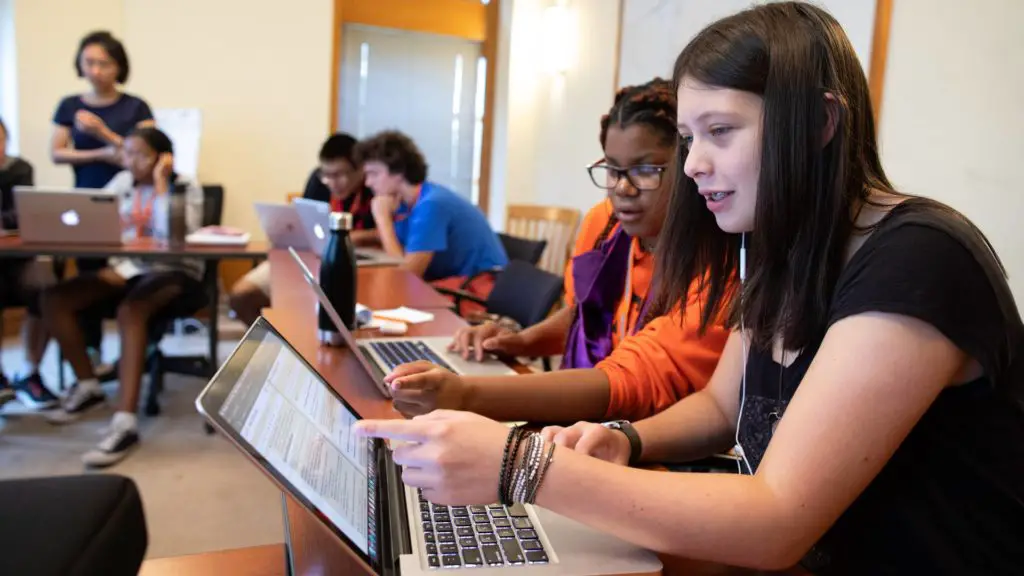A new study conducted by researchers from four different universities has junked the proposition that the excessive use of smartphones is linked to increased mental health problems.
More than 2,000 youth were initially surveyed for the study out of which another subsample of nearly 400 teens, ages 10-15 years, from the economically and racially diverse population was taken. They were tracked on their smartphones multiple times a day for two weeks.
Published in Clinical Psychological Science, the study found that there is no link between the use of smartphones and social media to increased risk of developing mental health issues.
“It may be time for adults to stop arguing over whether smartphones and social media are good or bad for teens’ mental health and start figuring out ways to best support them in both their offline and online lives,” said researcher Candice Odgers, professor of psychological science at the University of California, Irvine.
Researchers found that mental health of adolescents’ did not depend on spending more or less time on their smartphones on a given day. Even those at higher risk of developing mental health issues were found with no signs of illness on days when they excessively used digital technology.
Furthermore, the teens reported feeling less depressed after sending more text messages than teens who texted less frequently.
“Contrary to the common belief that smartphones and social media are damaging adolescents’ mental health,” Michaeline Jensen, assistant professor of psychology at the University of North Carolina at Greensboro said.
“We don’t see much support for the idea that time spent on phones and online is associated with increased risk for mental health problems,” Jensen added.
Recent studies have shown an overall increase in mental health problems experienced by students across the campuses. Anxiety and depression are the top two mental health concerns across all sectors with presidents at private nonprofit four-year institutions most likely to hear about students facing both the mental health issues.
A new study conducted by Indiana University found that students who take part in fun, peer-directed activities that openly and honestly address mental illnesses are most likely to reduce the stigma attached to these conditions.
Florida College Rejected Applicants with Mental Health Issues

